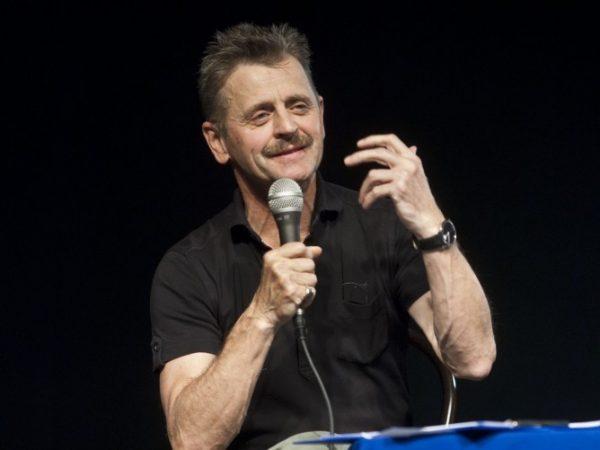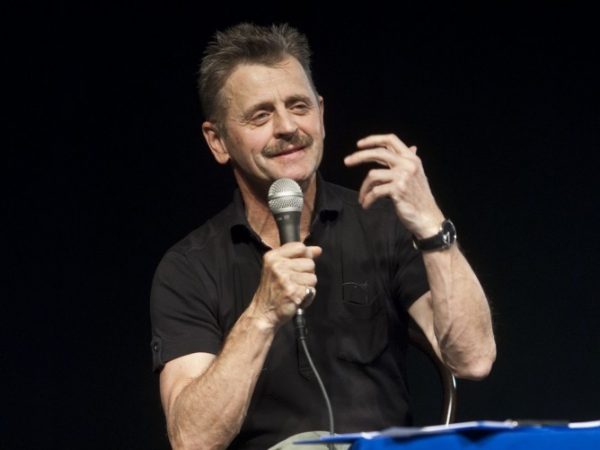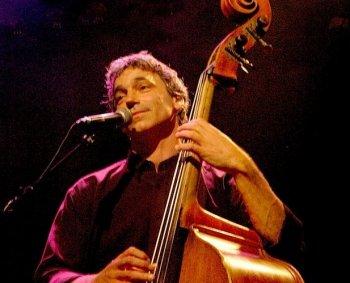TEL AVIV, Israel—“I’m not that old …” answered the king of classical ballet, Mikhail Baryshnikov, provoking laughter from the crowd. His quip followed a reporter’s question asking where he has gotten all the energy to keep performing as long as he has.
Baryshnikov, considered one of the greatest ballet dancers of our time, arrived at a press conference held in November 2011 at the Susan Dellal Centre in Tel Aviv, Israel, on the occasion of the show “In Paris,” in which he plays the lead.
The artistic giant and divine dancer, now over 60 years old, emitted warmth and captivating grace. He answered questions patiently and politely, and even humorously.
In the last few years Baryshnikov has diversified his career by performing in movies, on television, and in theater. He says that creating art is the responsibility we have to the future.
Furthermore, he claims that in any artistic forum the artist might engage in, he carries an eternal quality that is not consumed and which continues to create its expression, whether in movement, voice, or tone.
“Everyone has his own signature,” he says, “like the great composers who you can identify from the first musical sentence. You immediately know if it’s Shostakovich or Mendelssohn. Choreographers bring in those elements, because a dancer’s body language creates thousands of images that have never been created before.”






